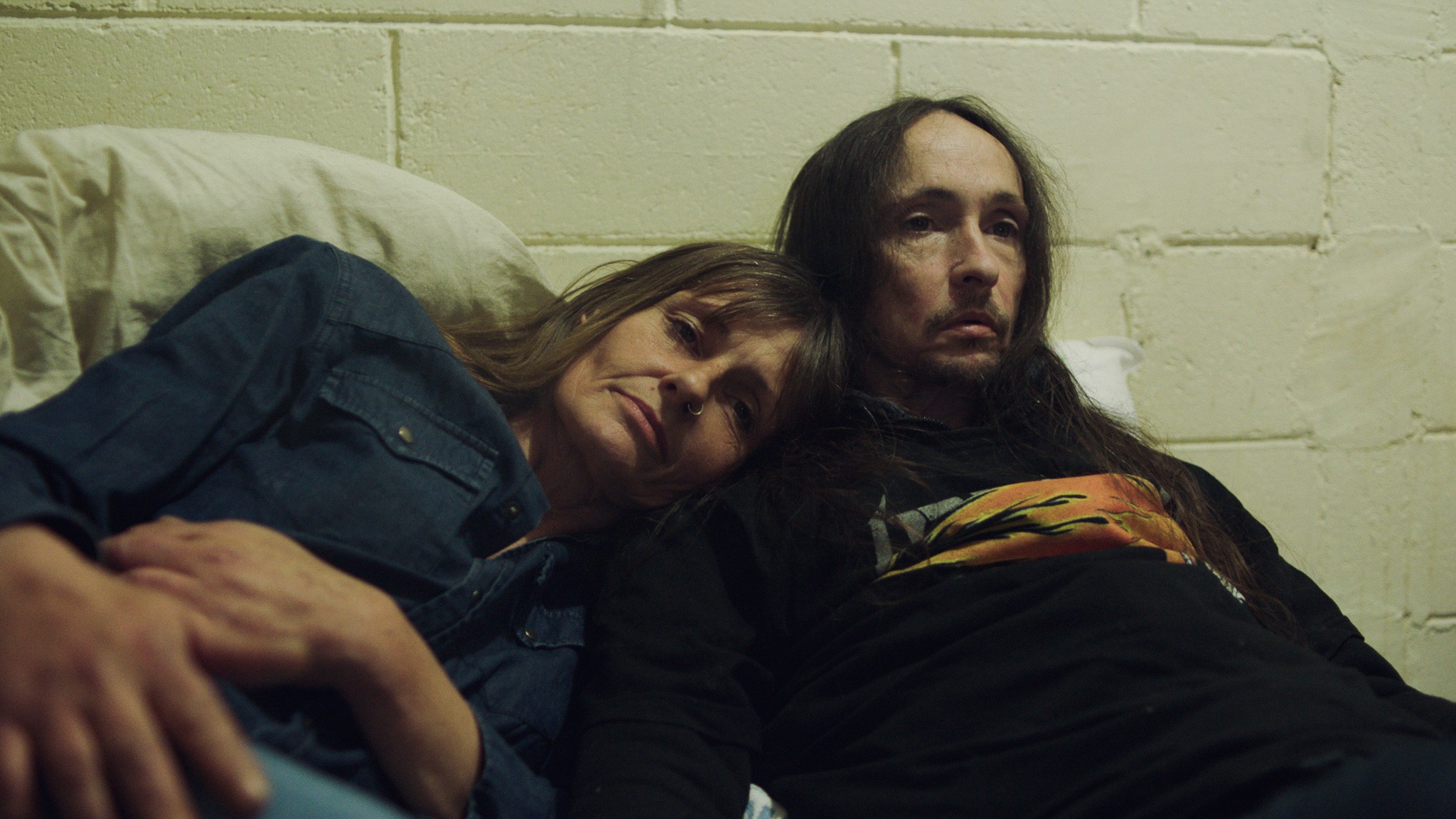For more stories from the parts of Australia that don't often get heard, check out our VICE series: AustralianaIn the Northern Territory they’re colloquially called “animal bars.” They’re darkened, concrete rooms in the backs of otherwise reputable pubs, with entrances tucked into side streets and car parks. They open at 10 AM and close at 2 PM, giving them a four-hour monopoly over booze sales before drive-thrus. And while bar owners claim they welcome anyone over the age of 18, they really cater for a single group: Indigenous drinkers.
Advertisement
I arrived at the Todd Tavern about noon to find the entrance crowded by young guys drinking beer from plastic cups. The Tavern is one of the Territory’s last segregated bars—which is a term I’ll use in lieu of its more poisonous colloquialism “animal bar.” And while it’s a nice enough place for dinner, their backroom bar is a controversial spot and the bouncer knew it.“You sure you’re in the right place?” He asked, implicitly revealing how admissions were segregated without breaking the law. I nodded and he shrugged, and then he let me inside.
The entrance to the backroom bar, which is politely labeled the "Riverside Bar"
The bar turned out to be a rectangular cave lit by fluorescent tubes. The place smelled of cigarettes and sweat and I pushed through a crowd of maybe 100 people drinking from cans. Some played pool, others sat talking in plastic chairs; everyone threw their empties into wheelie bins positioned throughout the room. At one end a television was perched above a jukebox screening karaoke clips to a cluster of young women. And despite the turgid politics at play everyone seemed strangely cheerful—an observation I’ll come back to in a moment.The Northern Territory consumes more alcohol than anywhere else in Australia. There, the rate of alcohol-related deaths is three times higher than the national average, with 16.7 people drinking themselves to death per 100,000, compared to 5.1 nationally, according to the Australian Bureau of Statistics.
Advertisement
It’s against this backdrop that public health advocates have long campaigned to restrict alcohol sales, raise prices, and close segregated bars. And in some respects they’ve been successful. In 2018 only a handful of these bars are left, which is partially thanks to the work of such campaigners as John Boffa, spokesperson for the People’s Alcohol Action Coalition (PAAC). According to John, most pubs have removed their segregated bars simply by removing the walls between the front and back, bringing everyone together.“But unfortunately, here in Alice Springs the Todd Tavern have refused to do that for many years,” John explained over the phone. “And so it’s remained almost exclusively an Indigenous drinking spot.
These legends ran the jukebox, alternating between Whitney Houston and AC/DC
Of course, no pubs enforce segregation on paper, but instead refuse Indigenous people entry to their nicer front bars on grounds of dress code or intoxication. Then bouncers on the back bars admit the drinkers who weren’t allowed in at the front. And as John points out, this is a problem for two very obvious reasons: Firstly segregated bars continue to exploit a community that’s been devastated by alcoholism, but more offensively, they’re maintaining a grotesque tradition.They’re living in the past and they need to look to the future, John said simply. “That’s all there is to it.”But progress is slow. There’s no political motion to ban segregated bars outright, or amend the laws surrounding the times they’re permitted to sell alcohol. In fact, when we contacted the town’s mayor, Damien Ryan, he seemed to think the issue was already dead and buried. “I haven’t heard anyone call them ‘animal bars’ in over 10 years,” he scoffed over the phone. "As I far as I’m concerned the issue is closed.”
Advertisement
But meanwhile, down at Todd Tavern’s very open and busy “animal bar,” I was talking to a young guy named Vivian. He’d seen me hanging around by myself and invited me to come meet his family. I gratefully accepted and Vivian introduced me to half a dozen of his relatives, who all enthusiastically pumped my hand up and down.“It’s good you came in man,” Vivian cupped to my ear. “Most people never come in and so they just stand at the front and judge.”
Vivian (centre) with family and attitude
Vivian wasn’t reluctant to talk about racial division at the Todd Tavern, telling me that for a lot of the town’s community the bar was a kind of safe space. His take surprised me, as it had been totally missing from the public debate.“If we go to the shopping centre the security guards watch us the whole time,” he explained. “They think we’re shoplifting but here we can just be ourselves. People just leave us alone.”“But what about the principal?” I asked him. “The fact that you’re only here because you’re basically banned from the main bar?”Vivian agreed that was frustrating but explained it wasn’t unusual. For the Indigenous community, being judged, scrutinised, or asked to leave was an everyday affair.“You know, there are kings and queens in this room,” he said, sweeping a hand over the crowd. “There are people in this room who’ve cared for this land for thousands of years. These people are actual royalty, but they don’t get the respect they deserve unless they’re in here.”
Advertisement
Article is continued below but while you're here, check out our latest documentary: Inside The Motel That Homes The Homeless, Ex-Prisoners, and Refugees

His reflection was a reminder of how painfully complicated mission reconciliation is. How racism continues through a trillion sidelong glances, knee-jerk assumptions, and in-store policies. How every government seems to find it so difficult to make the smallest amount of progress, but how the NT continues to try.On October 1st the jurisdiction became the first in Australia to implement a floor price on alcohol. Now, every standard drink costs a minimum of $1.30, raising the price of high-risk products like cask and port into the $20-something range. Previously, according to the PAAC, bulk products like cask were selling for around 30 cents a standard drink.For the segregated bars, however, public opinion seems to be the most effective antidote. In 2013 the Gap View Hotel underwent renovations, amalgamating their front and back bars. This was Alice Springs’ second last segregated venue, leaving only the Todd Tavern. And at the moment they have no official plan to join bars, and when I reached out to them for comment they never got back to me.“They need to reform and renew themselves because the Northern Territory is changing its culture when it comes to alcohol,” John Boffa stated. “We’ve seen the other major outlets change, reform and upgrade and they’ve become completely different facilities. Outlets that function in the way that these bars do, I think they will become a thing of the past.”
